70% of young people aged 12-25 do not ask for help when experiencing a difficult time, however a corresponding 70% are willing to engage in meaningful conversations with a close friend. What is preventing young people from reaching out for help?
YouthInsight asked over 1,000 young people in Australia about how to help them meaningfully connect with those in their world and lend support when they are struggling with life. Here are some key insights from our Connecting Young Australians research with R U OK?.
KEY INSIGHTS
- The stigma of appearing ‘weak and vulnerable’ when discussing mental health resonates strongly with young people
- 70% of young people do not ask for help when they are experiencing a difficult time
- High school students are less open to seeking professional mental health support
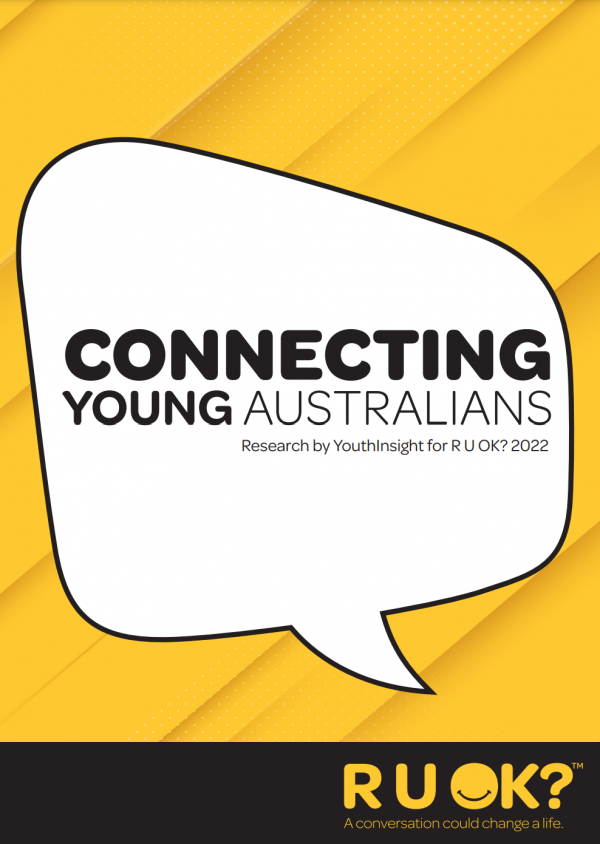
In Australia, mental illness is one of the leading causes of disability. 14% of children and adolescents (aged 4 to 17) and 21% of people aged 16 to 85 experience a mental illness in any one year. In 2023, a prevalence study reported that 25% of young people aged 10 to 24 live with a mental health condition (anxiety and depression), while previous research has shown that young people are not only more likely to experience psychological distress than people in older age groups, but to also experience it at higher levels – a trend pre-dating the Covid-19 pandemic. A 2022 review of help-seeking behaviours identified that young people experience both unfamiliarity and insecurity when it comes to mental health and help-seeking, and wish for self-reliance when it comes to one’s own mental health.
With young people’s mental health being a major public health issue globally, it is more important than ever to learn how to help them make meaningful connections and to provide robust supports when they are struggling with life.
The stigma of appearing ‘weak and vulnerable’ when discussing mental health resonates strongly with young people
Though awareness of mental health is high, 53% of young people report that they don’t like to discuss their mental health concerns because they don’t want others to think they are weak and vulnerable.
Our research found that 69% of young people are much more likely to discuss mental health concerns privately with a close friend, than in a group setting with friends (42%) or with family (42%). Vitally, 71% of young people prefer to be in person when asking a close friend ‘are you OK?’ and listening to someone talk about their problems.
Participants report that they are unlikely to talk about mental health in a group setting with friends (70%) because they don’t want to bring down the atmosphere and are also worried about how others will view or judge them. Lack of trust is also a major concern for young people, with 50% reporting that they are afraid that if they told certain friends about a problem they were having, that this information would be shared with others.
When it comes to family, 60% of young people are unlikely to talk about mental health in this space because they feel that their families lack a good understanding of mental health. Focusing on older people’s perception of youth, 72% of young people report that they tend to downplay young people’s mental health concerns, and do not understand issues that affect today’s youth (71%).

70% of young people do not ask for help when they are experiencing a difficult time
Young people (and especially girls) report that they don’t want to burden others with their problems and prefer to keep problems to themselves. Though girls in high school are the most unlikely to ask for help, the likelihood of asking trends upwards post-high school (31% to 39%).
In this study we found that young people did not ask for help when they were experiencing a difficult time due to not wanting to burden others with their problems (56%), preferring to handle problems by themselves (52%), feeling some problems are too personal to share (44%), and not wanting to be judged (42%).
High school students are less open to seeking professional mental health support
16% of young people surveyed are currently seeing a doctor, psychologist or counsellor for mental health support, while 41% sought mental health support in the past. 1 in 5 (22%) young people also report that they think they should have sought professional mental health support but never did.
Overall, high school students are much less open to seeking professional support from a GP, psychologist, or counsellor (64% vs 51% post-high school). A key barrier across all age groups is that they do not feel comfortable opening up to a stranger (53%), with 35% reporting that they can’t afford to pay for professional support.
In our study, openness to seeking future professional support increased from 36% in high school to 49% post-high school. Importantly, the likelihood of discussing mental health concerns with friends (one-on-one or group setting) and with family also improved across all settings as young people move through life stages, with support systems becoming stronger for young people post high school.
KEY TAKEAWAYS
Young people’s mental health is a global public health issue. While seven in ten young people do not ask for help when they are experiencing a difficult time, in-person contact with a trusted friend when discussing problems is of high importance. Given young people’s current hesitancy in help-seeking, and specifically asking for help from older people, it is more important than ever for us to:
- Continue work to destigmatise discussions about mental health and ill-health
- Ensure that we validate young people’s mental health concerns and take time to understand issues that affect today’s youth
- Learn how to help young people make meaningful connections and empower them to support one-another
- Provide accessible and robust supports when they are experiencing issues or difficulties in life

To read the full summary of findings and insights from this research, visit R U OK? for the Connecting Young Australians report.
Help is available:
If you or a friend or family member need support, please contact your doctor, local health centre or call Lifeline on 13 11 14. Family and friends can also contact these services for assistance on how to support someone who is struggling with life. If you are concerned for your safety or the safety of others, seek immediate assistance by calling Triple Zero (000).
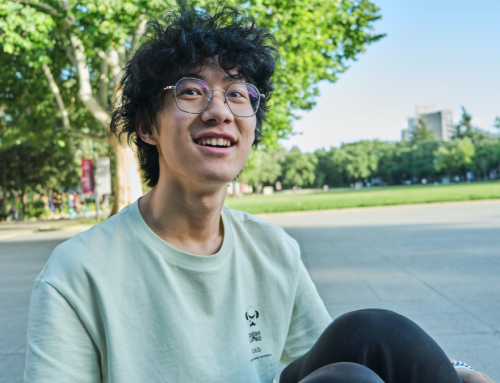

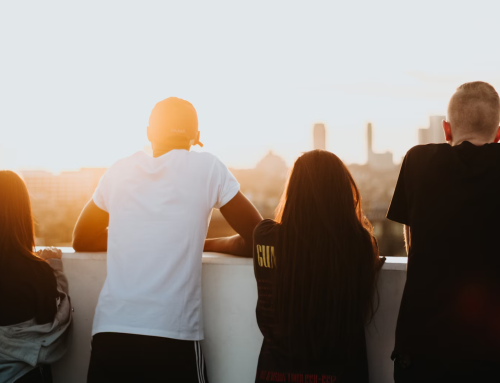
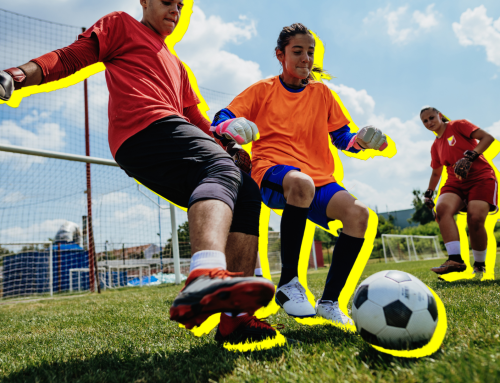


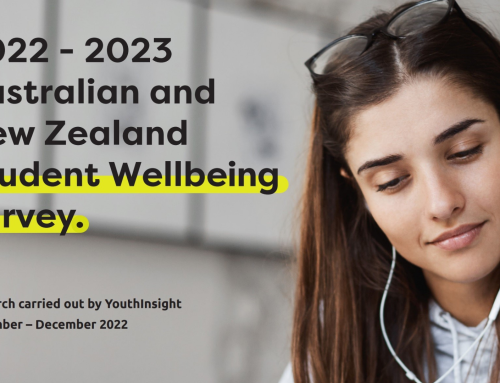

Leave A Comment